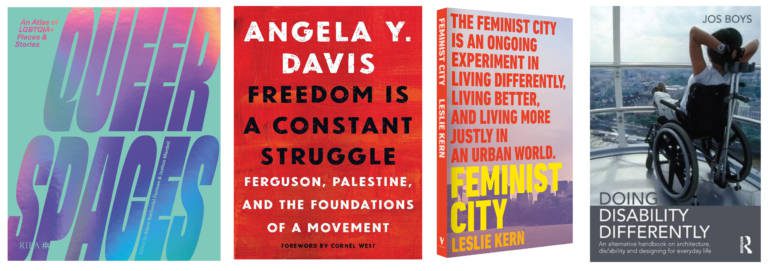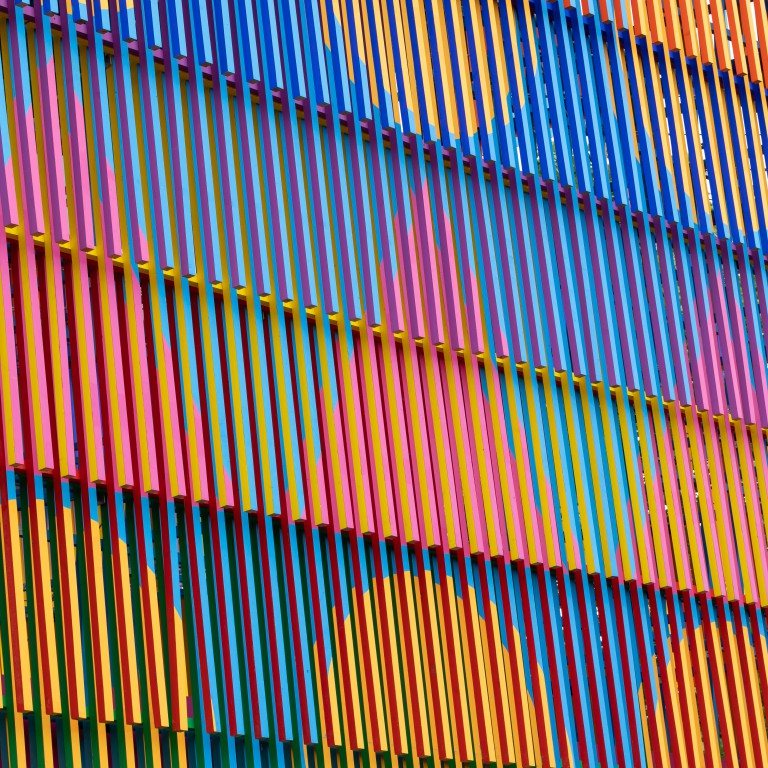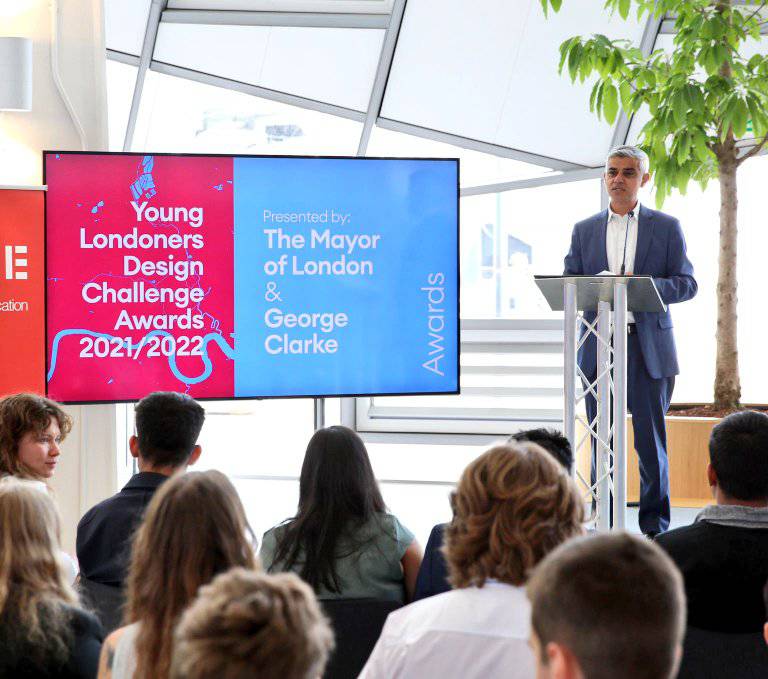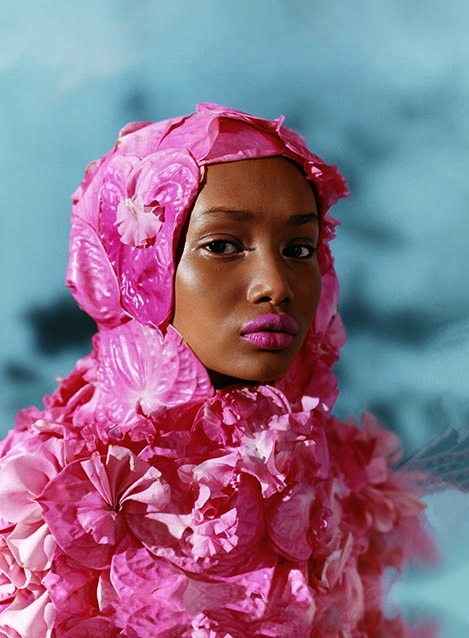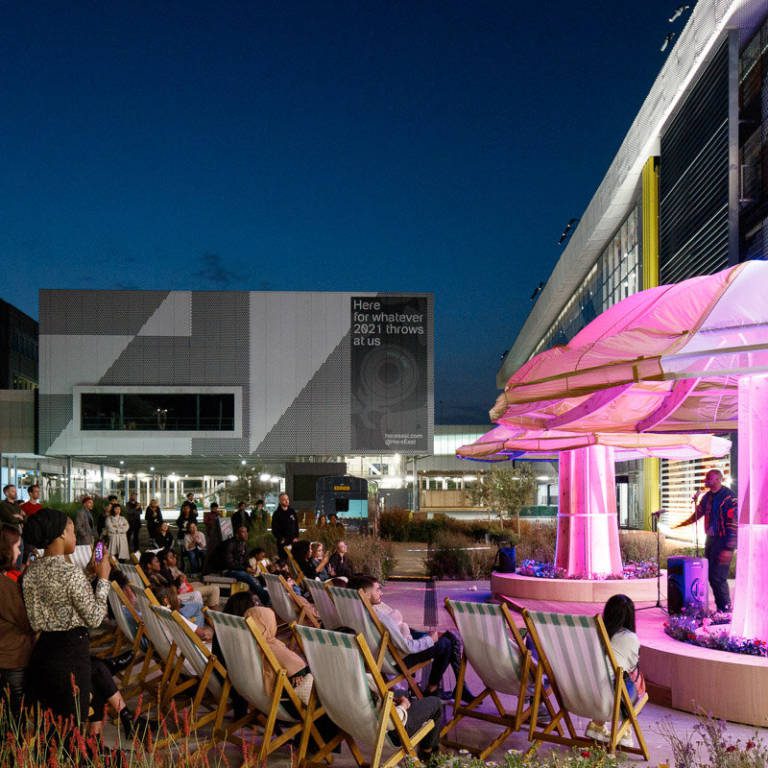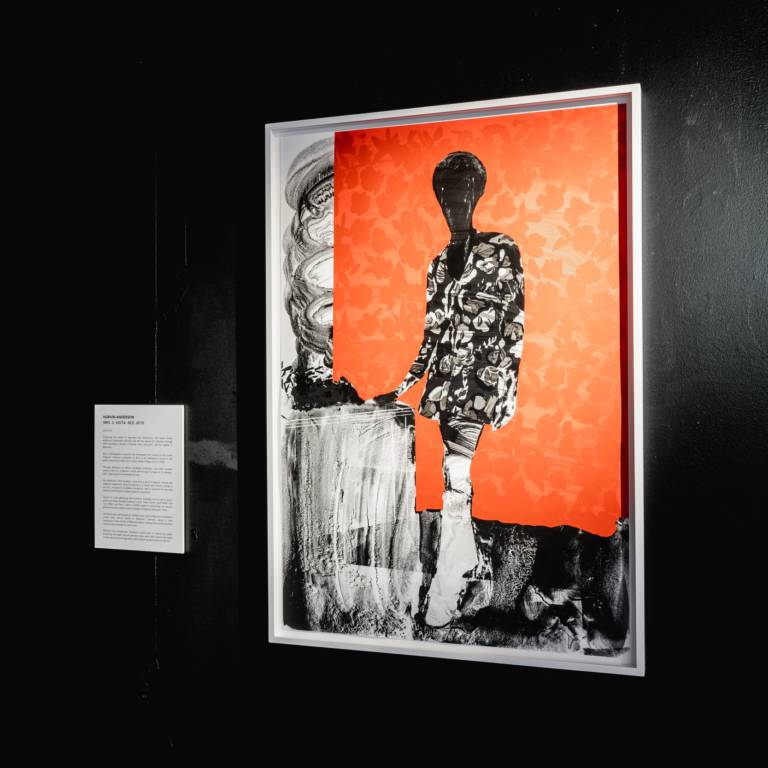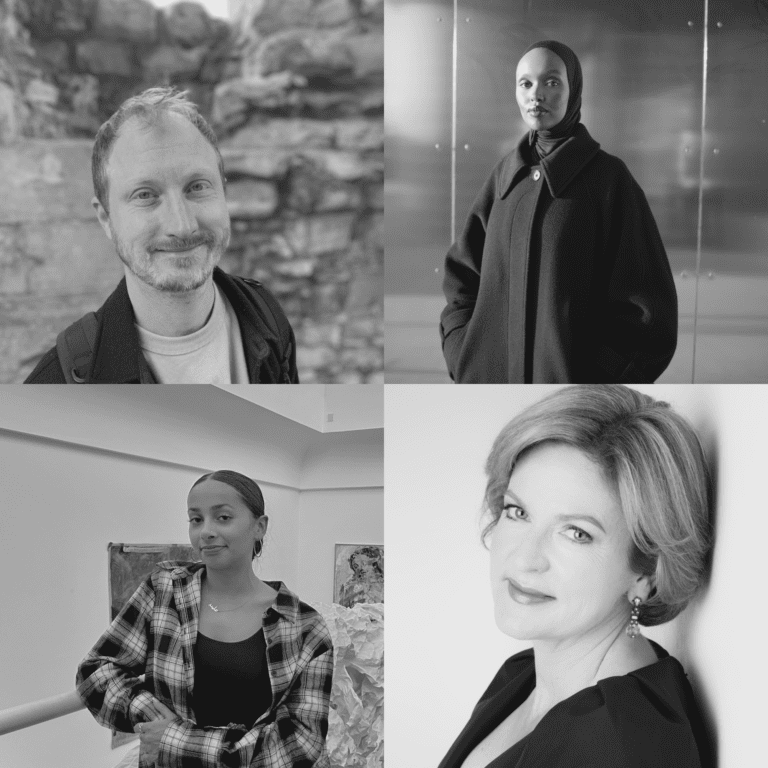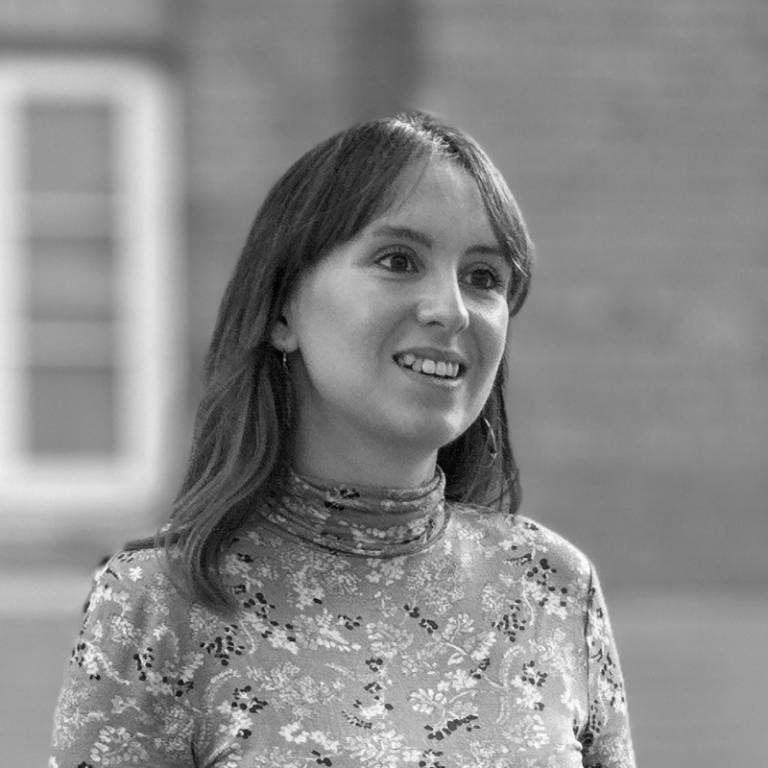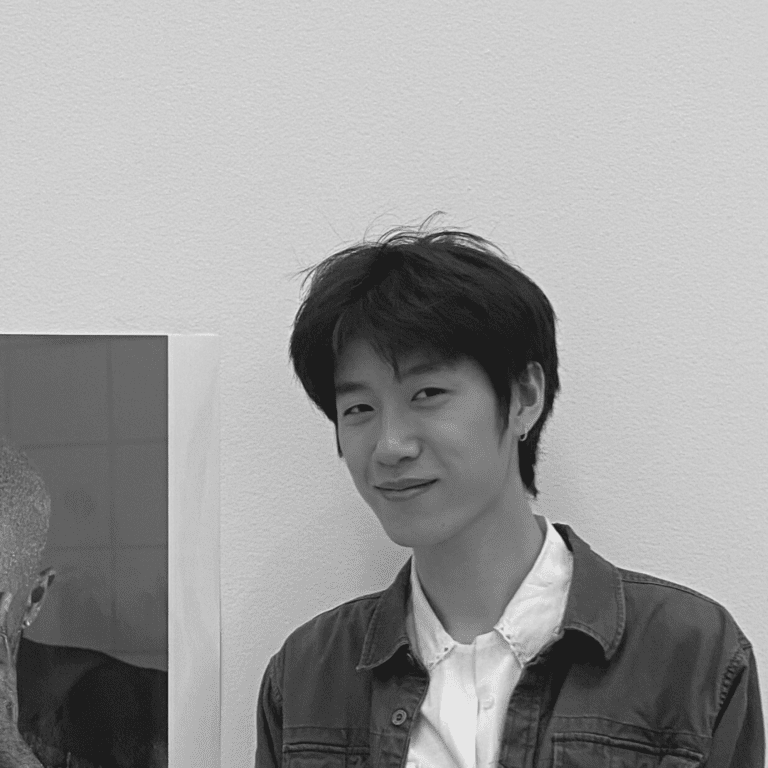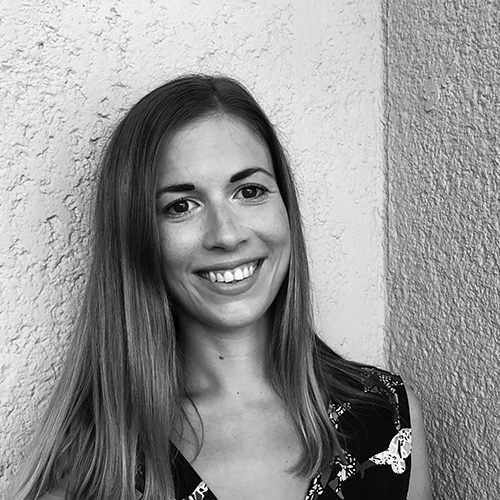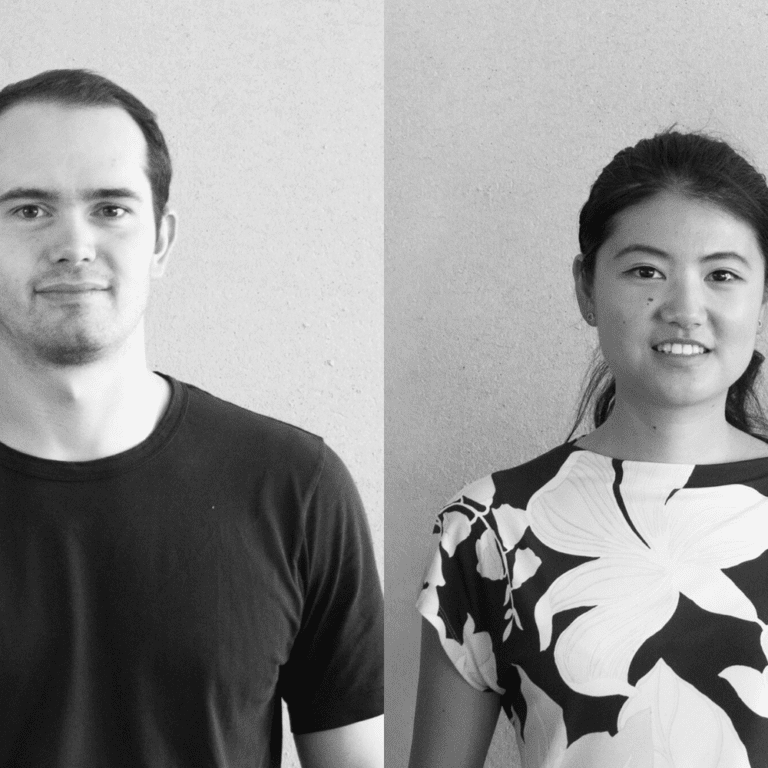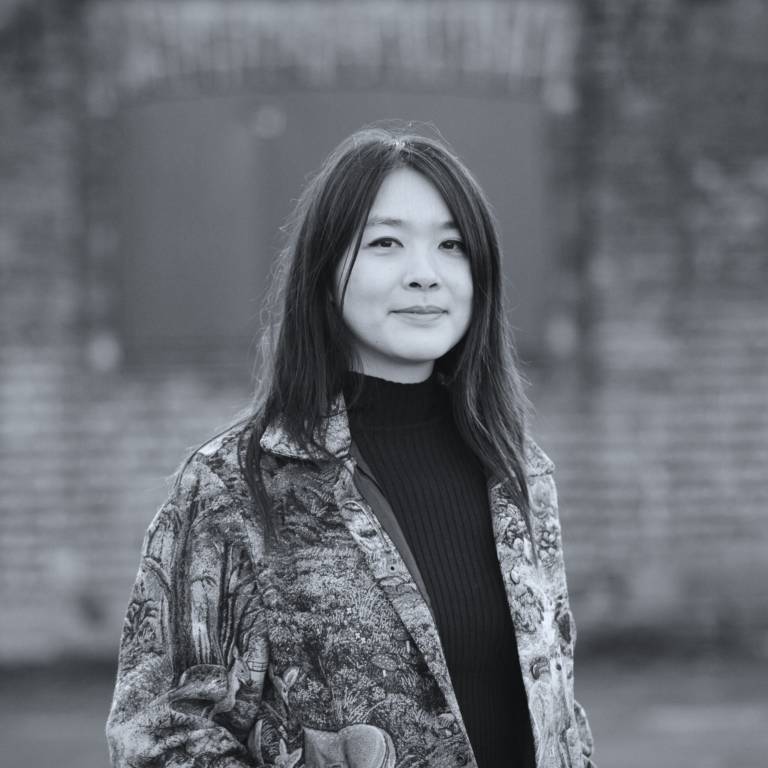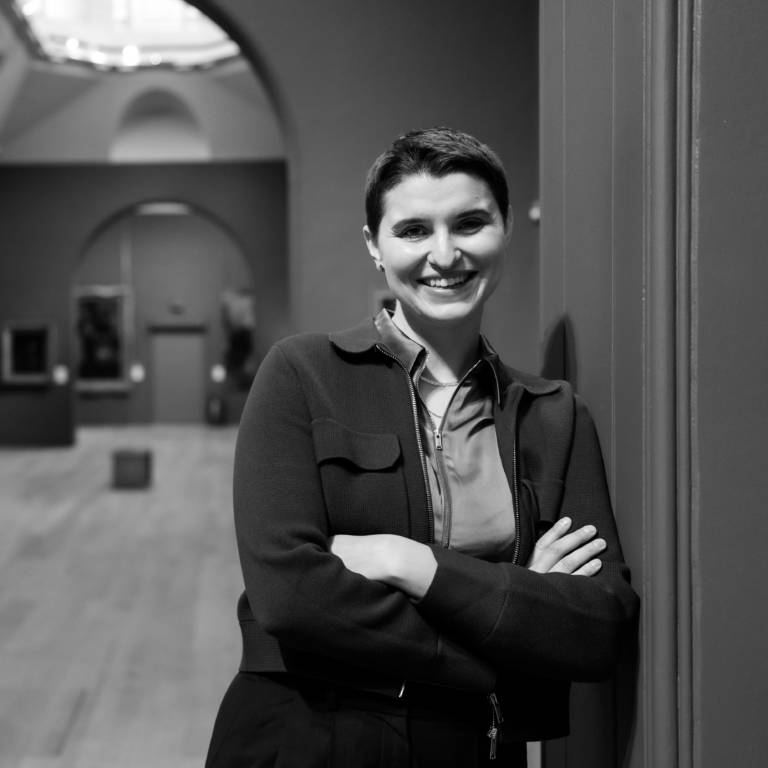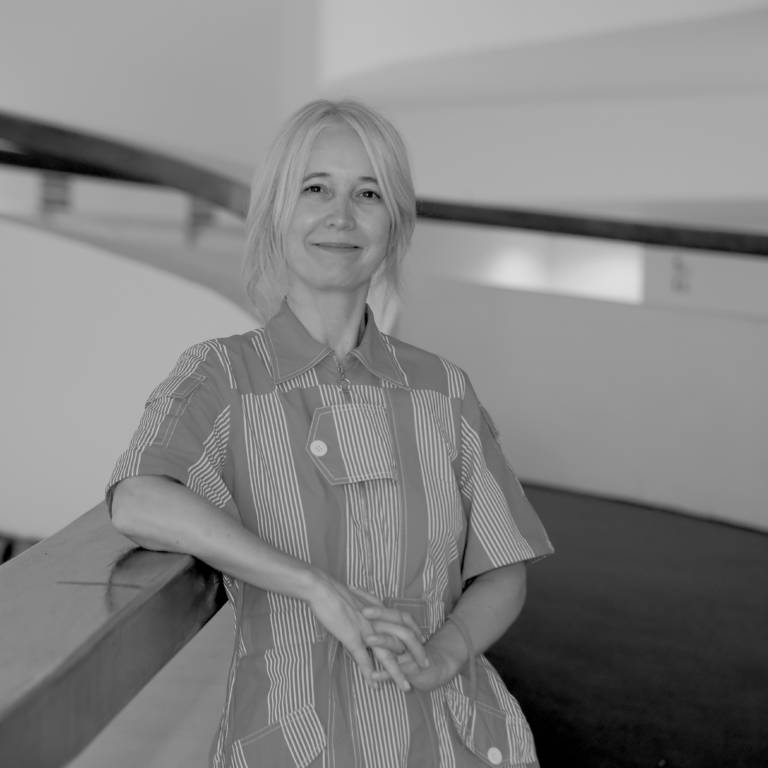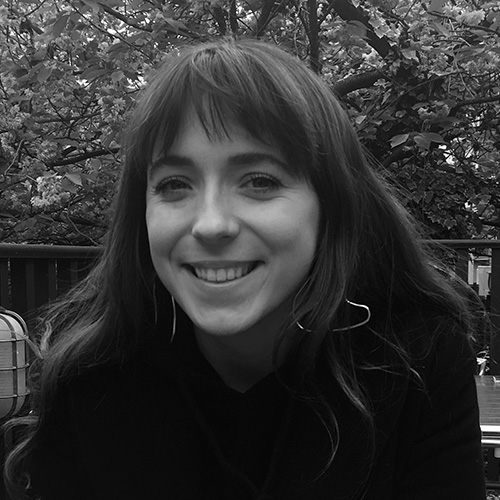ARCHIVE:
Zoë Berman and Yẹmi Àlàdérun

Zoë Berman is an architect, university lecturer and founder of Part W – an action group campaigning for gender equality across the built environment sector. Zoë is director of Studio Berman, a network of designers and makers who work collaboratively on a project-by-project basis on installations and cultural and educational projects. She advocates for design as a tool to engender positive social, political and economic change.
Website: studioberman.com
Instagram:
Yẹmí is an architect currently working as a senior development manager at Meridian Water, Enfield Council. She is a founding member of Part W and Co-founder of Paradigm Network.
Website:
Interwoven through both our work is a deeply committed interest in a built environment and associated architectural profession that is accessible, socially sustainable and equitable.
Last year both of us experienced life events that brought to the fore how important it is architecture and creative cultures be supportive and generous to all. Yet we’ve found first hand diverse physical, pluralistic and multifaceted needs aren’t taken deeply in consideration in all aspects of city making. In the past this has been reflected in associated events and cultural activities that inform and inspire creative work, with a narrow lens fixed on what kinds of work be promoted in articles, exhibitions and live events.
But exciting changes are happening. Proactive campaigning groups as well as social events including Black Lives Matter has called time on the old ways of doing things and we look ahead into 2023 feeling positive about the potential for change.This month multi-disciplinary London based artist Yinka Ilori will be discussing his joyful, lusciously colourful work with the Design Museum’s Head of Curatorial, Priya Khanchandani on the 24th January – delving into his work that is on display at the museum in the exhibition Parables for Happiness. The exhibition is free to visit and runs until 25 June.
January heralds the last chance to catch Black British Dynasties in Music: A Family Affair at the Barbican Centre and The New Black Vanguard at the Saatchi Gallery, featuring 15 international Black photographers contributing to a new vision of the Black figure and reframing representation in art and fashion. Transforming Legacies at the Black Cultural Archives showcases a selection of Black British artists who are commenting on life at present and potential future(s). All finish at the end of the month.
The tendency for architectural events to happen in the evening isn’t widely supportive of families, young children and those with caring responsibilities. With a future generation of designers in mind we are looking to the Tate Modern Make Studio: Threads! workshops for under 5’s during the week and the whole family at the weekend. Design Future London design challenge aims to inspire young Londoners to develop an interest in designing beautiful, affordable and sustainable places to live, work and visit. Young people aged 14-18 are invited to join professionals from design, construction and arts industries to create their own temporary pavilion in the People’s Pavilion Design Competition. Weekend workshops are happening in Hackney, Redbridge, Havering, Tower Hamlets, Barking and Dagenham, Newham and Waltham Forest. Sign up here!
We’re founding members of Part W, an action group calling for gender equity in the built environment. Right now we’re finalising Women’s Work: London a mapping project that draws attention to how design work of women has been left off digital and printed maps and missed out of archives and educational reading lists. Our Part W maps will be disseminated to London schools offering female role models and presenting example places and spaces that young people can visit, to be made aware of tangible built works where women have played a key role. So, we’re inspired by Print and Prejudice: Women Printmakers, 1700 – 1930 at the V&A, charting the development of women artists’ remarkable but overlooked engagement with printmaking.
We’re in the final stage of fund raising for our Women’s Work project. Our London map will be the first in a UK wide series. We’re just £1,500 away from hitting our fund-raising target and are seeking corporate sponsors to help us to hit our project target. We’re immensely grateful to all those who have helped us so far. Funds will enable us to share exemplar case study projects with women and girls considering entering the profession, and enable us to champion female role models. The project will be shared in an open event on International Women’s Day 8 March 2023 – mark your diaries! We’ll be delighted to share more via LAD in Women’s History Month.
January Recommended Reads or Watches:
1) Queer Spaces: An Atlas of LGBTQIA+ Places and Stories. A sumptuously illustrated guide to an international array of spaces shared and reappropriated by LGBTQIA+ communities. Written by London based artist and designer of Argentine and Japanese descent Adam Nathaniel Furman and architectural historian Joshua Mardell. A celebration of identity and belonging
2) Feminist City: Claiming Space in a Man-Made World. We had the pleasure of jointly interviewing author Leslie Kern for the Architecture Foundation (which can be watched here) Kern’s book sets out how our public spaces are not designed for female bodies, that there is little consideration for women as mothers, workers or carers and urban streets often are a place of threat rather than community. A clearly written and accessible text that we’d love to see being essential reading for planners, designers, place makers and architects.
3) Freedom is a Constant Struggle by Angela Y. Davis. A newly collected set of essays, interviews and speeches, in this text the world-renowned activist and scholar illuminates the connections between struggles against state violence and oppression throughout history, examining the concept of attaining freedom in light of our current world conflicts. Davis discusses the legacies of previous liberation struggles, from the Black Freedom Movement to the South African anti-Apartheid movement. Essential reading.
4) Doing Disability Differently: An Alternative Handbook on Architecture, Dis/ability and Designing for Everyday Life by Jo Boys. We’ve both experienced a side shift in how we can – and can’t – access the cities in which we live. Jo Boys was one of the members of Matrix, and is a leading voice in feminist and community-based design practice. We had the pleasure of speaking alongside Boys a couple of years ago at the Designing Sisterhood event organised by the Design Museum. Her book is top of our To Read list.
